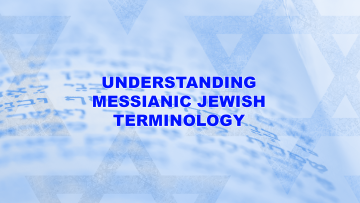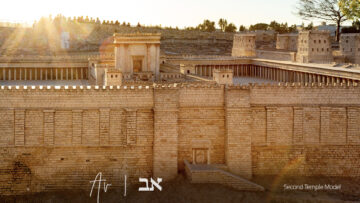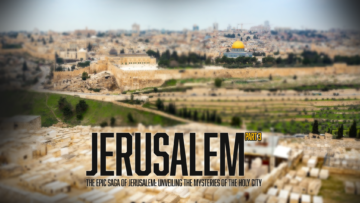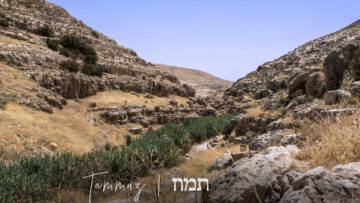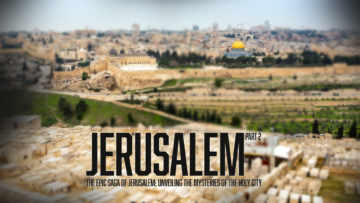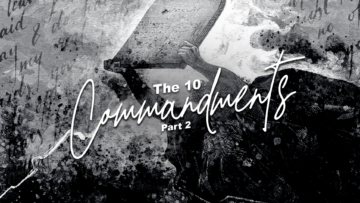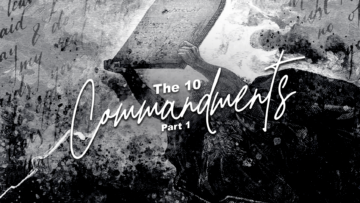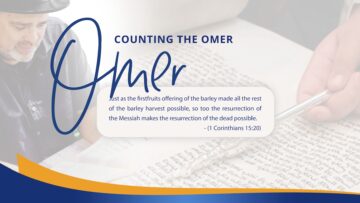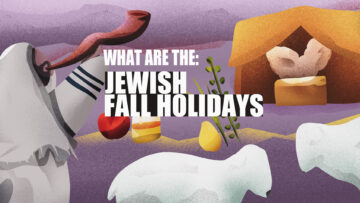
Many ask each year: What are the Jewish Fall Holidays or Biblical Holidays? Here is an overview from a messianic perspective:
In Leviticus 23, we read about three holidays, commonly referred to as the “fall feasts.” The underlying fact that we should always keep in mind is that Scripture clarifies that these special seasons are not merely “Jewish” holidays—they are the Lord’s! In the opening of that chapter, Adonai clearly states: “Speak to Bnei-Yisrael, and tell them: These are the appointed moadim of Adonai, which you are to proclaim to be holy convocations—My moadim” (Lev 23:3/TLV).

